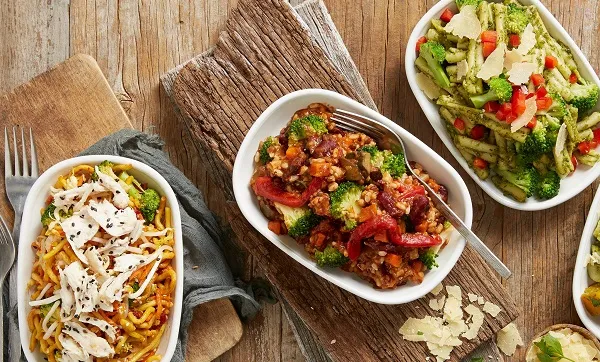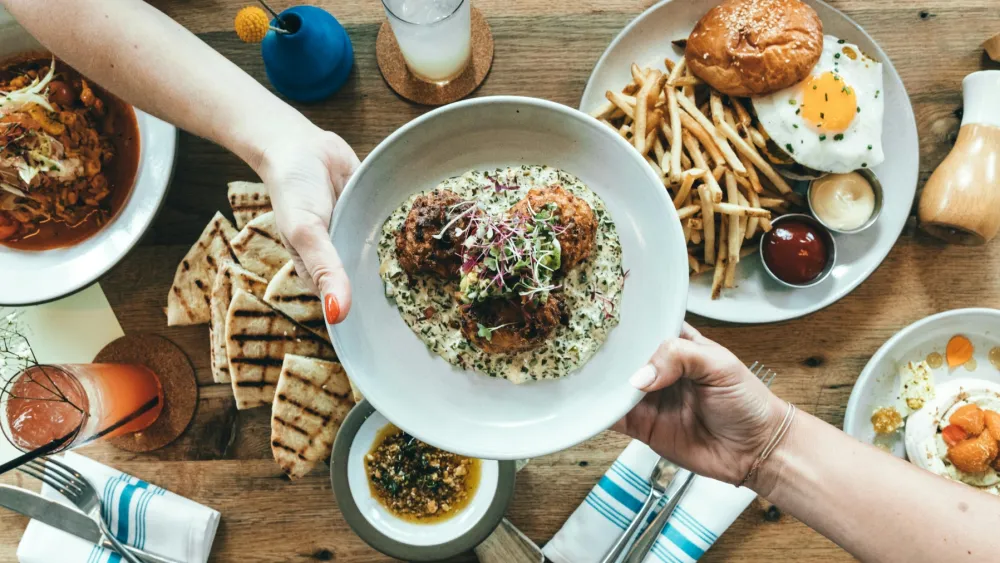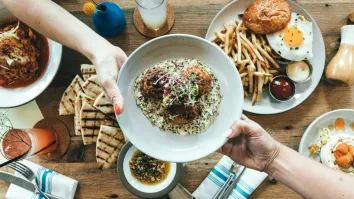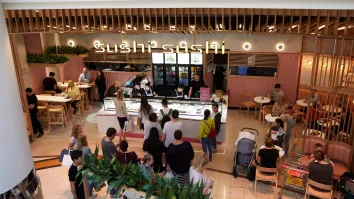
Millennials are eating healthier, and what this means for your QSR
Needing a quick bite no longer means eating unhealthy.
Once notoriously criticised for splurging in avocado toast, time-poor Australian millennials – in sheer irony – are now the driving force in changing the country’s food culture.
At 32%, they are now the largest healthy eating consumer group in Australia, embracing more fresh and healthy food choices according to a similar study done by The NPD Group. The research firm also reported that healthy-eating commercial consumption accounted for $5.8 billion and 644 million site visits, creating a 14% traffic share within foodservice in 2017.
“Millennials hold the largest spending power in the long term for two reasons; there are just more of them compared to other generations in the foodservice industry and they have grown substantially more than their counterparts in the past 5 years with health led visits. This generation have more disposable income and the power to research the foods and the ingredients which they choose to consume – all of this leads to the growth of this generation leaning towards healthy eating based on ingredients and the origins of what they choose to eat, which, a lot of the time, comes at a higher price point,” NPD Group Deputy Director for Asia-Pacific Gimantha Jayasinghe said to QSR Media.
In considering healthy eating, their report also indicates that millennials have primary importance in transparency around ingredients with 36% wanting to know if products are Australian-owned and grown, followed by whether they are locally grown (31%) and whether products have no additives or preservatives (24%). Jayasinghe adds that these health-led meals and snacks are no longer an option but a ‘need-to-have’ offering.
“This generation is embracing the quality of ingredients and is more conscious of these factors when considering what they are going to consume. It’s not low calorie or low fat that are a concern, but rather knowing where the ingredients were sourced and the quality of ingredients that influence the eating choices of this generation. There is more information available today about food and the ingredients, and Millennials are aware of this in today’s technological age. Supporting home grown industry and supporting local food producers is something that Millennials, more than any other generation, are interested in.”
Aside from attracting the health-conscious millennial generation with respective offerings, The NPD Group also recommends that foodservice operators should grow their bottom line by complementing it with newer technologies.
“The healthier options demand will continue to grow as more and more consumers hit the Millennial age bracket, driving demand in this category. Digital tools will continue to evolve; the tools we see in five years’ time will be very different to what’s in the industry today. That includes both in store and on premise e.g. AI, robots, drones, geolocation. Ongoing investment and development is crucial for brands wanting to be part of this landscape long term,” Jayasinghe added.
A ‘booming’ organic market
A similar, health-related report released by Australian Organic revealed that more than 6 in 10 Australian households claim to buy organic food in any given year. 12% or over one in ten Australians, meanwhile consider themselves to be highly-committed organic purchasers, typically spending 40% or more on organic food or household products.
Data from Australian Organic also states that the organic market is “booming”, currently valued at $2.4 billion – with its retail market estimated $1.6 billion or making up 70% of the said market.
“Our findings show Australians are becoming more health and environmentally-conscious, thinking carefully about what they are putting into their bodies, the products they are choosing to use and the effect this has on their health,” Australian Organics General Manager Sue Willis said in a statement.
Drivers for organic purchases, according to the report, are environmental and food safety factors, freshness, taste and quality. “Outbreaks across the world of food-borne illness, contamination and environmental scares arising from chemical exposure are contributing to this shift in our spending and purchasing habits, with many Australians citing aspects related to personal health outcomes, and the health of their families, as a key driver for choosing to go organic,” Willis added.
For 67% of the respondents, the cost is the biggest barrier in purchasing organic food, followed by 40% who responded with ‘trusting it is organic’. Foodservice retailers QSR Media reached out to also cited supply costs as a barrier to provide more organic options in their menu, commenting that the current price points are not yet feasible in a QSR environment.
The barrier, however, won’t be for long – according to Willis. “We’re seeing an increase in uptake of organic from millennials and younger generations – a group who typically do not have the most disposable income – and I believe this is largely due to their appreciation of their health and wellbeing, but also due to organic becoming more accessible than ever before,” she said.
Photo credit: Sumosalad's Facebook page

























